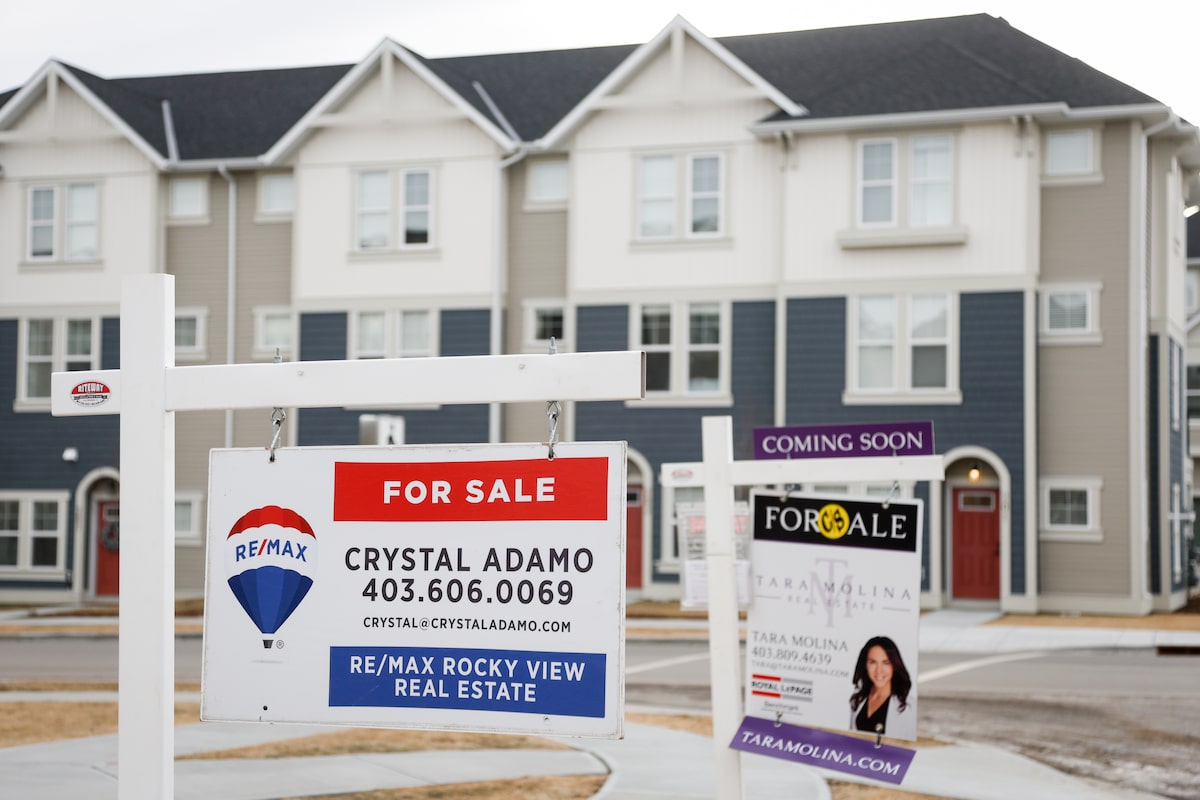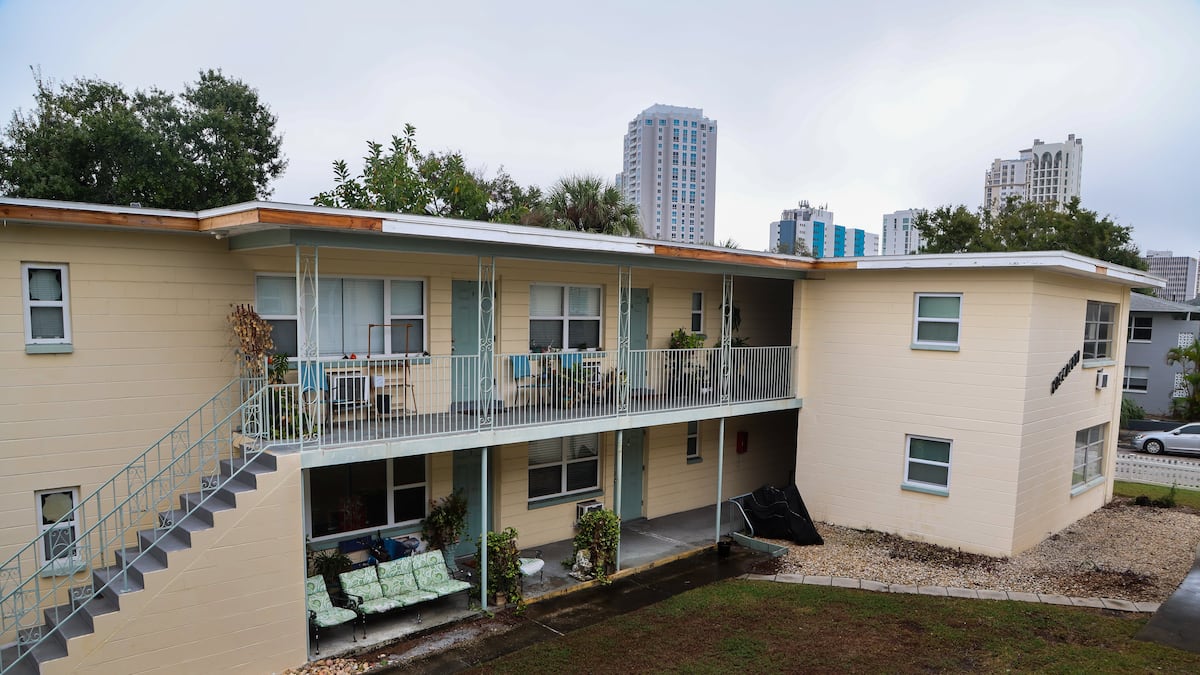I
mmigration authorities are demanding that landlords turn over sensitive information about their tenants, including leases, rental applications, and identification cards. This move is seen as a new front in the Trump administration's efforts to locate people who are in the country illegally.
A two-page subpoena from U.S. Citizenship and Immigration Services' anti-fraud unit asks for extensive personal data on tenants, including work history, marital status, and family relationships. The document also requests information about other individuals who lived with the tenant. However, it is not signed by a judge, raising questions about its legitimacy.
Experts say landlords may be intimidated into complying with the demands, potentially violating the Fair Housing Act. Stacy Seicshnaydre, a Tulane University law professor, warns that "the danger here is overcompliance." ICE officers have used similar subpoenas in the past to try to enter homes without a judge's signature.
The subpoena threatens landlords with contempt of court if they fail to comply, but critics argue that this is an abuse of power. Tricia McLaughlin, a Homeland Security spokeswoman, defended the use of subpoenas, claiming that ICE has authority to obtain records through administrative subpoena authorities.
Many landlords are unfamiliar with these types of requests and may feel pressured into complying without understanding their rights. Teusink, an Atlanta-area real estate attorney, advises his clients not to comply unless the subpoena is signed by a judge. Other attorneys have also told their clients to ignore the demands or seek legal advice before responding.
The use of ICE subpoenas has been on the rise since Trump's first term in office, but they are still relatively rare compared to requests from state and local police. Critics argue that these subpoenas are often overbroad and can lead to the disclosure of sensitive information without proper justification.















